Find Help
More Items From Ergsy search
-
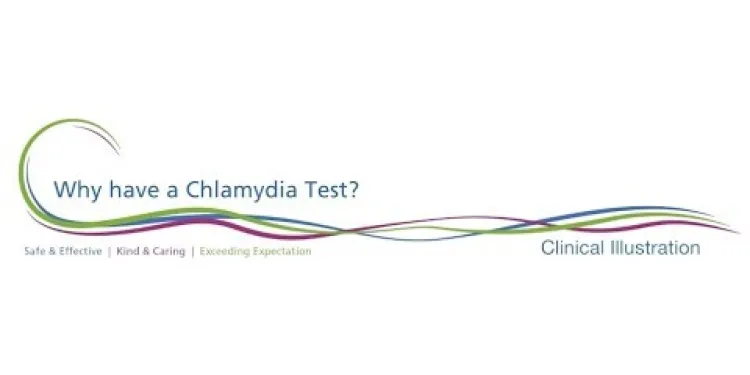
Getting tested for Chlamydia
Relevance: 100%
-
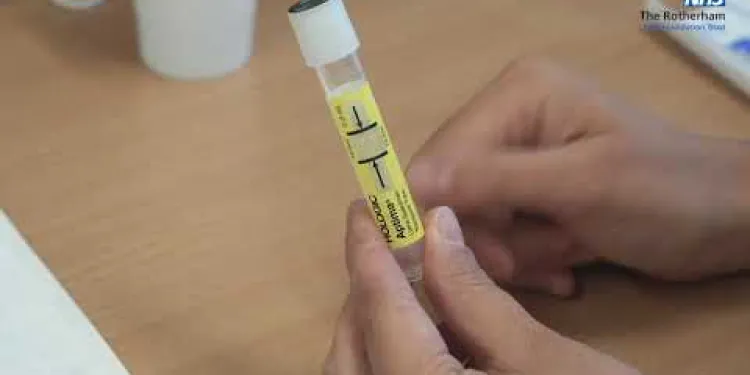
Urine test for Gonorrhoea and Chlamydia
Relevance: 95%
-

Urine test for Gonorrhoea and Chlamydia
Relevance: 94%
-
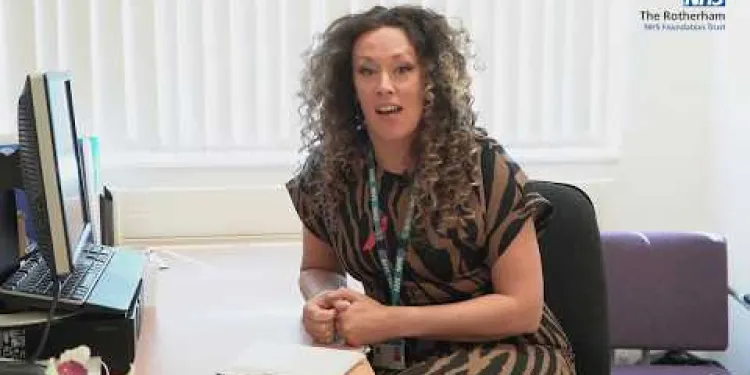
Vaginal Swab test for Gonorrhoea and Chlamydia
Relevance: 89%
-
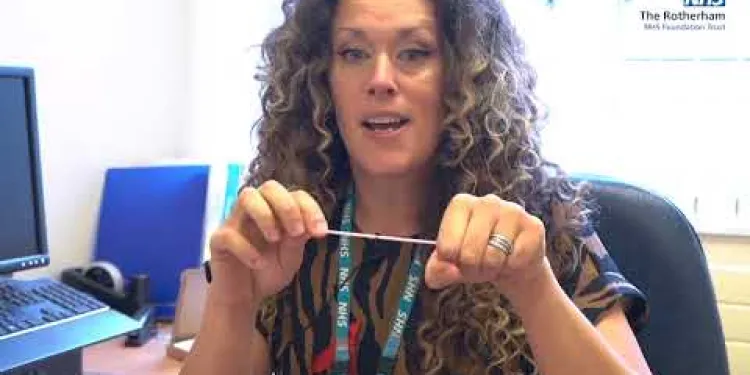
Rectal swab test for Gonorrhoea and Chlamydia
Relevance: 89%
-
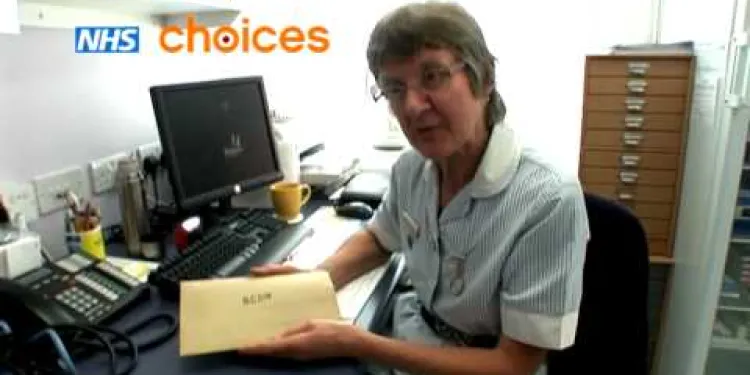
NHS - Chlamydia
Relevance: 83%
-

What is chlamydia?
Relevance: 82%
-
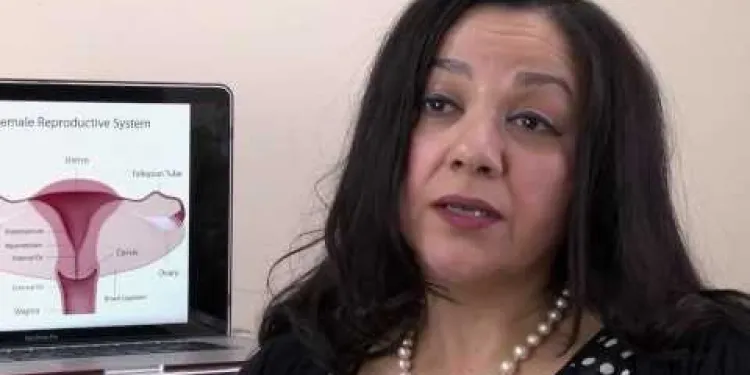
Chlamydia: The Silent Threat
Relevance: 80%
-
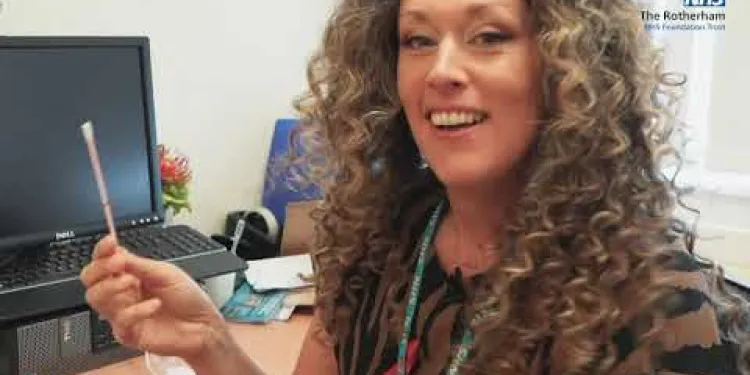
Pharyngeal swab for Gonorrhoea and Chlamydia
Relevance: 75%
-
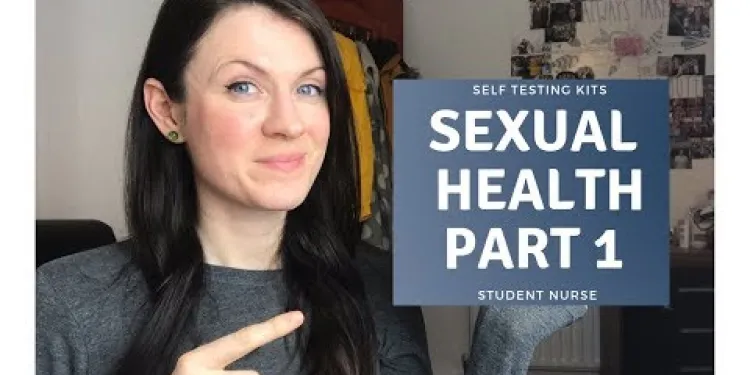
Let's Talk Sexual Health - Home Self Testing Kits
Relevance: 39%
-

Let's Talk Sexual Health - Home Self Testing Kits
Relevance: 36%
-

Is there an autism test?
Relevance: 32%
-

What is a pregnancy test?
Relevance: 32%
-
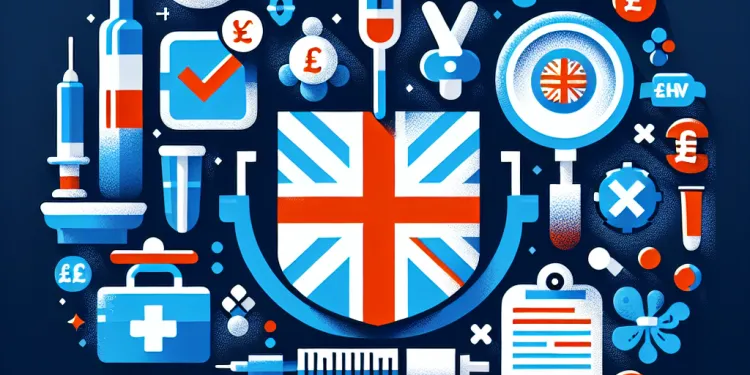
Is HPV testing available?
Relevance: 32%
-

Are digital pregnancy tests more accurate than non-digital tests?
Relevance: 32%
-
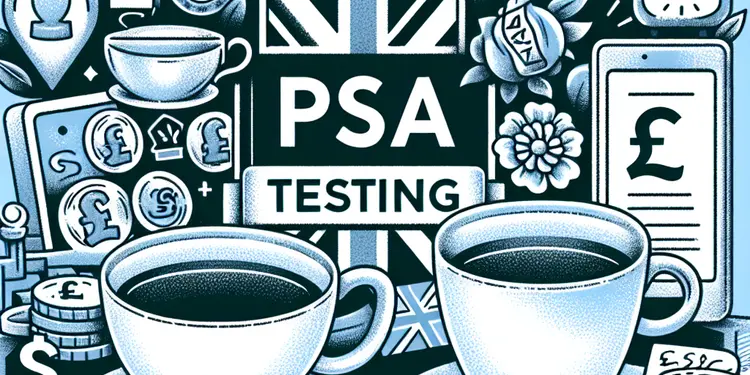
What is PSA testing?
Relevance: 32%
-
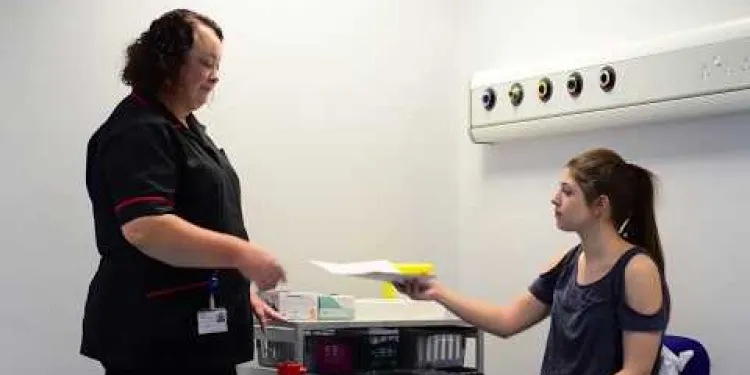
Having a blood test
Relevance: 32%
-
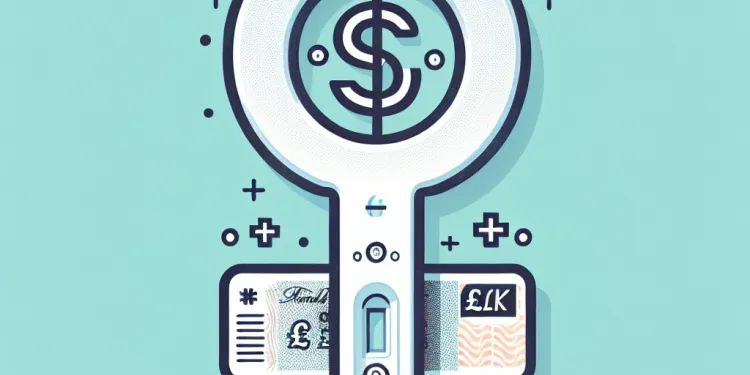
Can a pregnancy test expire?
Relevance: 30%
-
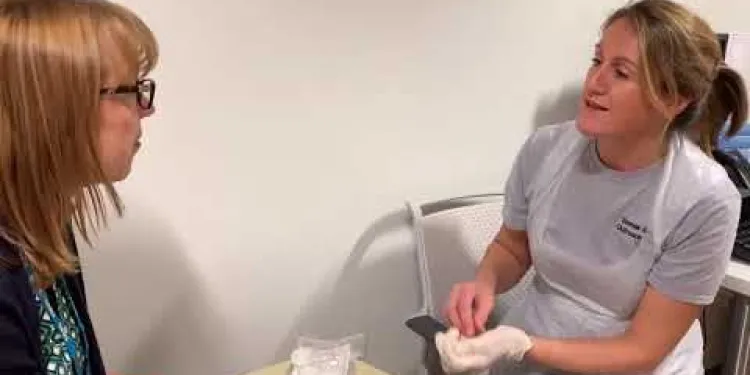
Sexual Health - HIV Testing
Relevance: 30%
-

Is there a test for West Nile Virus?
Relevance: 30%
-

What is the DVSA Theory Test?
Relevance: 30%
-
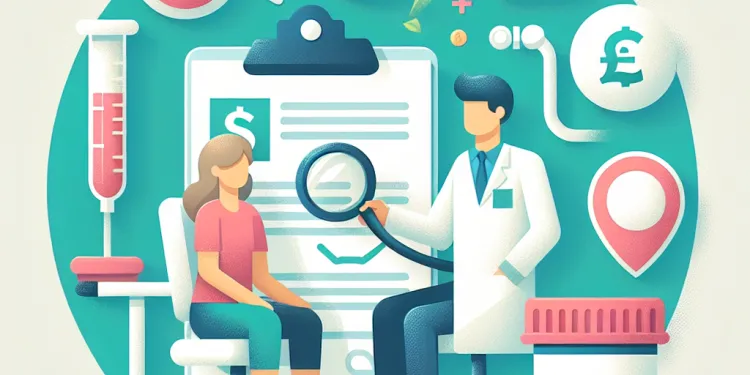
Will I need someone to accompany me for the test?
Relevance: 30%
-

What is the Hazard Perception Test?
Relevance: 30%
-

What is a stool DNA test?
Relevance: 30%
-
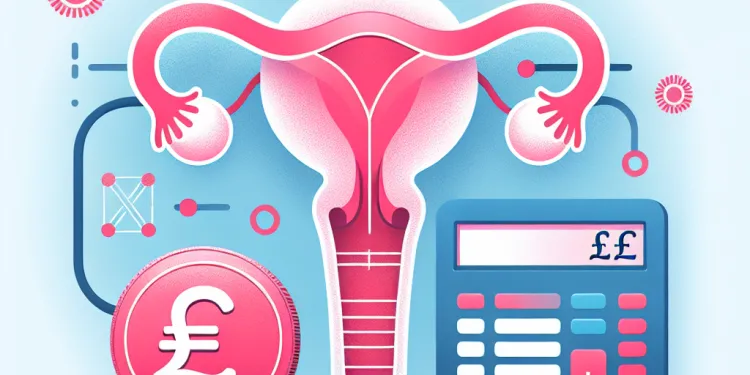
What is the Womb Lining test?
Relevance: 30%
-

What is the womb lining test?
Relevance: 30%
-

What is a CA-125 test?
Relevance: 30%
-

Will the test affect my menstrual cycle?
Relevance: 30%
-
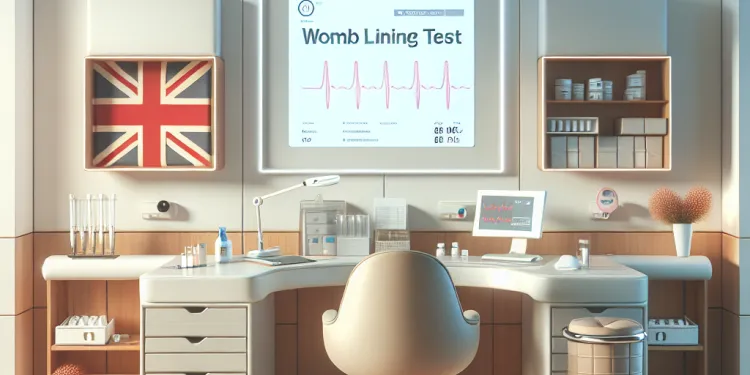
Is the womb lining test painful?
Relevance: 30%
-

What if my pregnancy test is positive?
Relevance: 29%
-
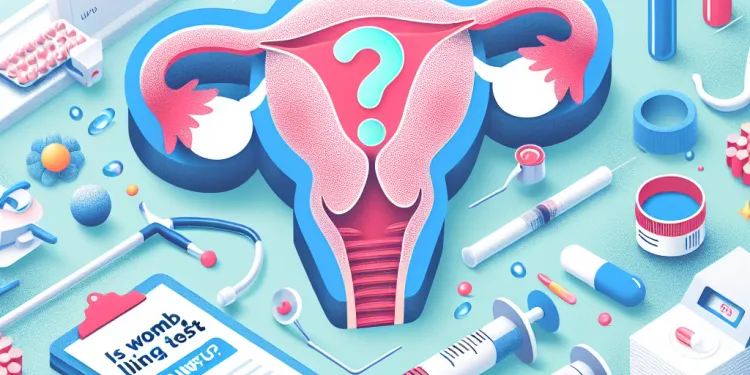
Is a womb lining test painful?
Relevance: 29%
-
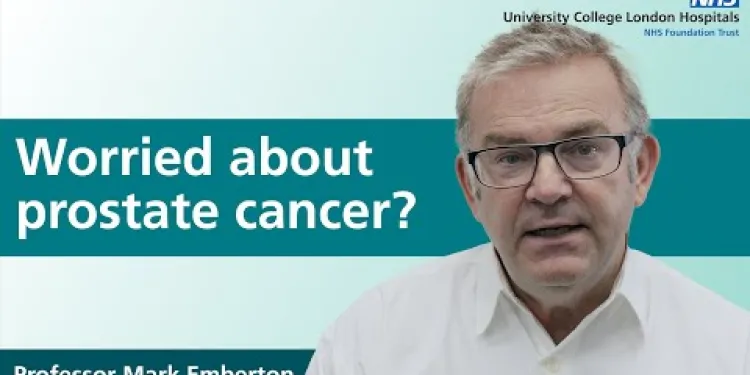
Prostate cancer diagnosis and tests
Relevance: 29%
-

What are the different types of pregnancy tests?
Relevance: 29%
-

How does a pregnancy test work?
Relevance: 29%
-

When should I take a pregnancy test?
Relevance: 29%
-

Can I order a FIT test online?
Relevance: 29%
-

The DVSA Theory Test, BSL, and accessibility
Relevance: 29%
-
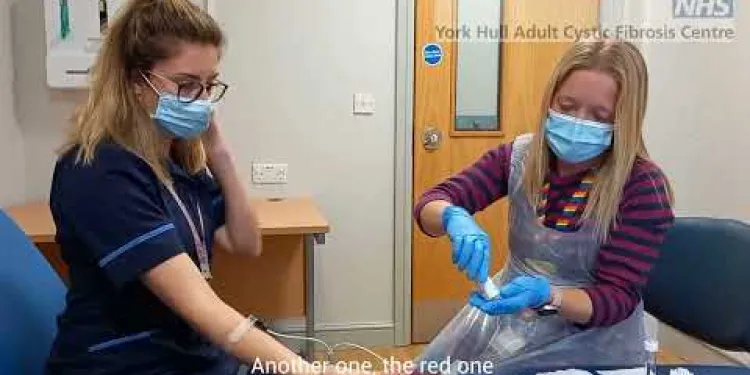
Sweat test | Diagnosing cystic fibrosis
Relevance: 29%
-
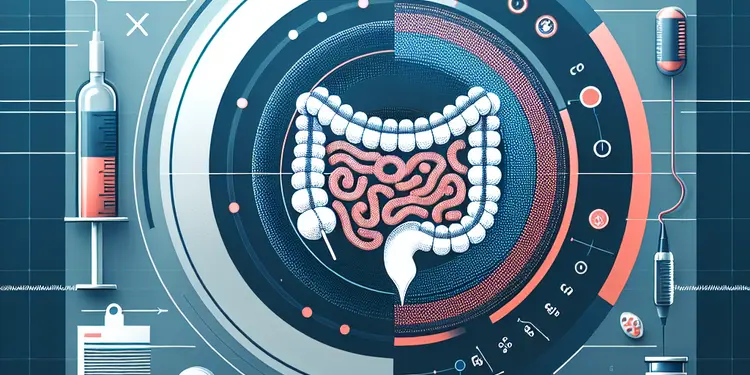
Is genetic testing available for colorectal cancer?
Relevance: 29%
-
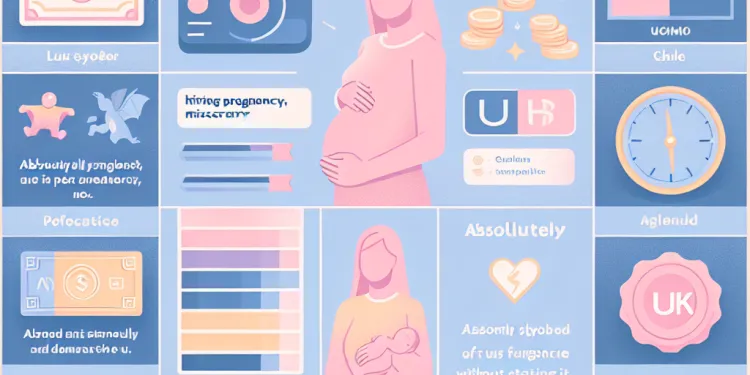
Can a pregnancy test detect a miscarriage?
Relevance: 29%
Getting Tested for Chlamydia in the UK
Why Get Tested for Chlamydia?
Chlamydia is one of the most common sexually transmitted infections (STIs) in the UK, often affecting young sexually active individuals. The infection can often be asymptomatic, meaning many people do not experience symptoms. Untreated chlamydia can lead to serious health complications such as pelvic inflammatory disease (PID) in women and infertility in both men and women. Early detection and treatment are crucial to prevent these adverse outcomes.
Who Should Get Tested?
Anyone who is sexually active can contract chlamydia, so regular testing is recommended for individuals under the age of 25, sexually active individuals with new or multiple partners, and those who have had an unprotected sexual encounter. Men who have sex with men (MSM) are also recommended to have regular screening.
Where to Get Tested
In the UK, there are several places where you can get tested for chlamydia. The NHS provides free testing services. You can visit a local sexual health clinic (GUM clinic), a community contraceptive clinic, or your GP (general practitioner). Additionally, many pharmacies offer chlamydia testing kits, and you can even order a home testing kit online.
How the Test is Done
Testing for chlamydia is straightforward and non-invasive. For women, the test usually involves a swab taken from the cervix or vagina. For men, the sample is often collected using a urine test or a swab from the urethra. Home testing kits typically require a urine sample or a self-taken swab.
Getting Your Results
Results from a chlamydia test are usually available within a week. If you test positive, treatment typically involves a course of antibiotics. It's essential to inform any recent sexual partners so they can also get tested and treated if necessary. Retesting is recommended three months after treatment to ensure the infection has cleared.
Prevention
Using condoms consistently and correctly during sexual activity significantly reduces the risk of contracting chlamydia. Regular STI screenings and open communication with partners about sexual health can also help in maintaining sexual well-being.
Getting Tested for Chlamydia in the UK
Why Get Tested for Chlamydia?
Chlamydia is a very common infection you can get from having sex. Many young people in the UK have it. Sometimes you might not feel sick even if you have it. If you do not get treatment, it can cause bad health problems. In women, it can hurt the tummy area and make it hard to have babies. Both boys and girls can have trouble having babies if not treated. So, it is important to find it early and get better.
Who Should Get Tested?
If you are having sex, you can get chlamydia. It is good to be tested often if you are under 25, have new partners, or more than one partner, and if you did not use a condom. Men who have sex with men should also get tested regularly.
Where to Get Tested
In the UK, you can be tested for free by the NHS. Go to a sexual health clinic, a place for family planning, or see your doctor (GP). Some pharmacies have test kits, and you can even order a test kit for home online.
How the Test is Done
Testing for chlamydia is easy and does not hurt. Women usually have a swab taken from their private parts. Men might need to pee in a cup or have a swab taken. If you use a home test kit, you might need to send pee or do a swab yourself.
Getting Your Results
You will know your results in about a week. If you have chlamydia, you will take medicine called antibiotics to get better. Tell anyone you had sex with so they can get tested too. Test again in three months to make sure it is gone.
Prevention
Always use a condom when having sex. This helps stop chlamydia. Getting tested often and talking with your partner about staying healthy also helps.
Frequently Asked Questions
What is Chlamydia?
Chlamydia is a common sexually transmitted infection (STI) caused by bacteria called Chlamydia trachomatis. It can affect both men and women and often has no symptoms.
Why should I get tested for Chlamydia?
Testing is important because many people with Chlamydia do not show symptoms and can inadvertently spread the infection. Early detection helps prevent complications like infertility and pelvic inflammatory disease.
Who should get tested for Chlamydia?
Sexually active individuals under the age of 25, people with new or multiple sexual partners, and those who have had unprotected sex should consider getting tested.
Where can I get tested for Chlamydia in the UK?
You can get tested at your local GP, a sexual health clinic, a genitourinary medicine (GUM) clinic, or through online services that offer home testing kits.
How is the Chlamydia test performed?
The test typically involves a urine sample or a swab from the genital area, which is then sent to a laboratory for analysis.
Is the Chlamydia test free?
In the UK, testing for Chlamydia is free via the NHS at GP surgeries, GUM clinics, sexual health clinics, and through selected online services.
How long do results take?
Results usually take between 7 to 10 days, but it can sometimes be quicker depending on where you get tested.
What happens if I test positive for Chlamydia?
If you test positive, you will be offered a course of antibiotics. It is important to complete the treatment and inform recent sexual partners so they can also get tested.
Can I get re-infected with Chlamydia?
Yes, it is possible to get re-infected if you have unprotected sex with an infected person, even after you have been treated.
How can I prevent Chlamydia?
Using condoms correctly every time you have sex, limiting the number of sexual partners, and getting regularly tested can help reduce the risk of Chlamydia.
Is the Chlamydia test accurate?
Chlamydia tests used in the UK are highly accurate when performed correctly. False positives and negatives are rare but can happen.
Can I test for Chlamydia at home?
Yes, home testing kits are available and can be ordered online. These kits usually involve a self-collected urine sample or swab, which is then mailed to a laboratory.
Do I need my parent's permission to get tested if I am under 16?
In the UK, individuals under 16 can get tested for STIs, including Chlamydia, without parental consent as long as they are considered mature enough to understand the implications of the test.
Will my test results be confidential?
Yes, in the UK, your test results are confidential and will not be shared without your permission, except in very rare circumstances.
Can Chlamydia go away without treatment?
Chlamydia rarely goes away on its own and can lead to serious health problems if untreated. It is important to get tested and treated if necessary.
What is Chlamydia?
Chlamydia is a type of germ that can make people sick. It is a bit like a cold, but it happens in a different part of the body. This germ is very small, so you can't see it.
People can get chlamydia by being close to someone who has it. It is important to see a doctor if you think you have chlamydia, because a doctor can help make you better.
If you want help reading, you can ask a friend or use a computer to read the words out loud. Drawing pictures or using simple internet videos can also help you understand more about chlamydia.
Chlamydia is a germ that can make people sick. It is a type of infection you can get during sex. Both men and women can get it. People often don’t know they have it because it usually doesn’t make them feel sick.
Why should I get tested for Chlamydia?
Chlamydia is a germ that can make you sick if it gets into your body. You might not feel sick at all, but it can still hurt your body. It is important to know if you have Chlamydia so a doctor can help you get better.
Getting tested is easy and helps keep you healthy and strong. If you feel worried, you can talk to a friend or family member for support. They can help you feel better about getting the test.
Testing is important because Chlamydia often does not show signs. People can have it and not know. They might give it to others without meaning to. Finding out early helps stop problems like not being able to have babies or a serious sickness in the tummy area.
Who needs a test for Chlamydia?
Some people need a test to see if they have a germ called Chlamydia. This is important because it can make you sick. Here are some reasons why you might need a test:
- You have a new boyfriend or girlfriend. If you start kissing or touching someone new, it is a good idea to get a test.
- Someone you were with has Chlamydia. If a doctor tells you someone you kissed or touched has Chlamydia, you need a test, too.
- You have signs of Chlamydia. If you feel itchy or notice unusual stuff ‘down there’, you should visit a doctor.
If reading is hard, you can ask someone to help you. Talking to a teacher, a doctor, or a parent can also be helpful. They can help explain things and make sure you stay healthy.
If you are under 25 and have sex, you should think about getting tested. It is also a good idea if you have new or lots of partners, or if you have had sex without wearing a condom.
Where can I get a Chlamydia test in the UK?
You can get a Chlamydia test at:
- Your doctor's office.
- Health clinics.
- Sexual health clinics.
- Some pharmacies.
You can also order a test to do at home from some websites.
Ask a grown-up or someone you trust to help you if you need it.
You can get tested at your local doctor, a clinic for sexual health, a special clinic for urinary health, or you can use online services to get test kits sent to your home.
How do you get a Chlamydia test?
You usually take the test by giving a pee sample or a swab from the private area. This is sent to a lab to be checked.
Can I get a Chlamydia test without paying?
A Chlamydia test checks if you have an infection called Chlamydia.
Here are some tips to find out if the test is free for you:
- Check with your doctor or local clinic.
- Look up information online about free tests in your area.
- Ask a nurse or health worker if you can get a free test.
Some places might offer free Chlamydia tests. It's good to ask around.
In the UK, you can get a free test for Chlamydia. You can do this at a doctor's office, at special clinics for sexual health, or online.
How long until I get results?
Results can take time. You might get them soon or wait a bit longer. If you feel worried, ask someone to help. You can use a calendar to check days.
After you have your test, you will usually get your results in 7 to 10 days. Sometimes, it can be faster. It depends on the place you went for the test.
What should I do if I have Chlamydia?
If a doctor says you have Chlamydia, do not worry. Here is what you can do:
- Get medicine: The doctor will give you pills to make you better. Take all the pills, even if you feel okay.
- Tell your partner: It is important to let your partner know so they can get checked too.
- No kissing or sex: Wait until the doctor says it is okay to kiss or have sex again.
- Check again: Go back to the doctor later to make sure you are all better.
Helpful tools: You can ask someone to go with you to the doctor. Or, you can write down what the doctor says.
If you have a test and it says you are sick, you will get some medicine called antibiotics. You need to take all of the medicine to get better. Tell people you have been close with, like kissing or touching, so they can have a test too.
Can I get Chlamydia again?
Yes, you can get Chlamydia again. If you have had Chlamydia before and you get it again, it means you are re-infected.
It is important to talk to a doctor if you think you might have Chlamydia. They can help you get better.
Here are some ways to stay safe:
- Use a condom when you have sex.
- Get tested regularly for infections.
- Tell your partners to get tested too.
If you find reading hard, ask someone you trust to help you read. You can also use audio tools to listen to the information.
Yes, you can catch it again if you have sex without a condom with someone who is infected, even if you have already been treated.
How can I stop getting Chlamydia?
Chlamydia is an illness you can catch from sex.
To stay safe:
- Use a condom every time you have sex.
- Get tested for Chlamydia often. A doctor or nurse can help.
- Talk to your partner about staying safe.
- Having fewer partners can lower your risk.
If you have questions, ask a doctor or nurse. They can help you.
To help stop getting Chlamydia, you can:
- Use condoms the right way every time you have sex.
- Have fewer people you have sex with.
- Get tested for Chlamydia often.
These things can help keep you safe and healthy.
Does the Chlamydia test work well?
Chlamydia tests in the UK work very well when done the right way. It's not common, but sometimes the test can say you have chlamydia when you don't, or say you don't have it when you do.
Can I check for Chlamydia at home?
Yes, you can check for Chlamydia at home. There are special kits that help you do this. These kits come with easy steps to follow. Make sure to read the instructions carefully.
Here are some tips to help you:
- Find a quiet place where you can take your time.
- Ask a friend or family member to help you if you need it.
- If you do not understand something, ask someone you trust or call a health helpline.
Remember, you can always see a doctor or nurse if you have questions or need help.
Yes, you can get home test kits. You can buy them online. You use these kits to take a sample of your pee or a swab. Then, you send the sample to a lab in the mail.
Do I need to ask my parents if I want a test and I am under 16?
Here is a simple way to understand.
If you are under 16, you might need to ask your parents before getting a test. But it depends on what country you live in and the type of test.
Here are some things you can do:
- Talk to a trusted adult like a parent, relative, or teacher. They can help you understand.
- Ask at a local clinic or your doctor. They can give you the right answer for where you live.
- You can also use online tools that might help. Ask someone to help you find them.
You don’t have to worry alone. There are always people to help you!
In the UK, kids under 16 can get tested for bugs like Chlamydia without asking their parents. This is okay if they are mature and understand what the test means.
Will my test results be private?
Will other people see my test results or will they be kept secret?
If you want help to understand, ask someone you trust.
You can also use pictures or recordings to help you remember.
Yes, in the UK, your test results are private. This means they will not be shared with anyone else without you saying it's okay, except in very special cases.
Can Chlamydia Heal Without Medicine?
Chlamydia is an illness you can get. It is important to see a doctor if you have it.
Chlamydia usually does not go away on its own. You need medicine from a doctor to get better.
If you think you have Chlamydia, tell an adult or a doctor. They can help you.
Use tools like a calendar or a reminder on your phone to make sure you see your doctor.
Chlamydia is a sickness that usually does not get better without help. It can cause big health problems if you do not take care of it. It is important to see a doctor, get tested, and get medicine if you need it.
Useful Links
This website offers general information and is not a substitute for professional advice.
Always seek guidance from qualified professionals.
If you have any medical concerns or need urgent help, contact a healthcare professional or emergency services immediately.
Some of this content was generated with AI assistance. We’ve done our best to keep it accurate, helpful, and human-friendly.
- Ergsy carfully checks the information in the videos we provide here.
- Videos shown by Youtube after a video has completed, have NOT been reviewed by ERGSY.
- To view, click the arrow in centre of video.
- Most of the videos you find here will have subtitles and/or closed captions available.
- You may need to turn these on, and choose your preferred language.
- Go to the video you'd like to watch.
- If closed captions (CC) are available, settings will be visible on the bottom right of the video player.
- To turn on Captions, click settings .
- To turn off Captions, click settings again.
More Items From Ergsy search
-

Getting tested for Chlamydia
Relevance: 100%
-

Urine test for Gonorrhoea and Chlamydia
Relevance: 95%
-

Urine test for Gonorrhoea and Chlamydia
Relevance: 94%
-

Vaginal Swab test for Gonorrhoea and Chlamydia
Relevance: 89%
-

Rectal swab test for Gonorrhoea and Chlamydia
Relevance: 89%
-

NHS - Chlamydia
Relevance: 83%
-

What is chlamydia?
Relevance: 82%
-

Chlamydia: The Silent Threat
Relevance: 80%
-

Pharyngeal swab for Gonorrhoea and Chlamydia
Relevance: 75%
-

Let's Talk Sexual Health - Home Self Testing Kits
Relevance: 39%
-

Let's Talk Sexual Health - Home Self Testing Kits
Relevance: 36%
-

Is there an autism test?
Relevance: 32%
-

What is a pregnancy test?
Relevance: 32%
-

Is HPV testing available?
Relevance: 32%
-

Are digital pregnancy tests more accurate than non-digital tests?
Relevance: 32%
-

What is PSA testing?
Relevance: 32%
-

Having a blood test
Relevance: 32%
-

Can a pregnancy test expire?
Relevance: 30%
-

Sexual Health - HIV Testing
Relevance: 30%
-

Is there a test for West Nile Virus?
Relevance: 30%
-

What is the DVSA Theory Test?
Relevance: 30%
-

Will I need someone to accompany me for the test?
Relevance: 30%
-

What is the Hazard Perception Test?
Relevance: 30%
-

What is a stool DNA test?
Relevance: 30%
-

What is the Womb Lining test?
Relevance: 30%
-

What is the womb lining test?
Relevance: 30%
-

What is a CA-125 test?
Relevance: 30%
-

Will the test affect my menstrual cycle?
Relevance: 30%
-

Is the womb lining test painful?
Relevance: 30%
-

What if my pregnancy test is positive?
Relevance: 29%
-

Is a womb lining test painful?
Relevance: 29%
-

Prostate cancer diagnosis and tests
Relevance: 29%
-

What are the different types of pregnancy tests?
Relevance: 29%
-

How does a pregnancy test work?
Relevance: 29%
-

When should I take a pregnancy test?
Relevance: 29%
-

Can I order a FIT test online?
Relevance: 29%
-

The DVSA Theory Test, BSL, and accessibility
Relevance: 29%
-

Sweat test | Diagnosing cystic fibrosis
Relevance: 29%
-

Is genetic testing available for colorectal cancer?
Relevance: 29%
-

Can a pregnancy test detect a miscarriage?
Relevance: 29%


